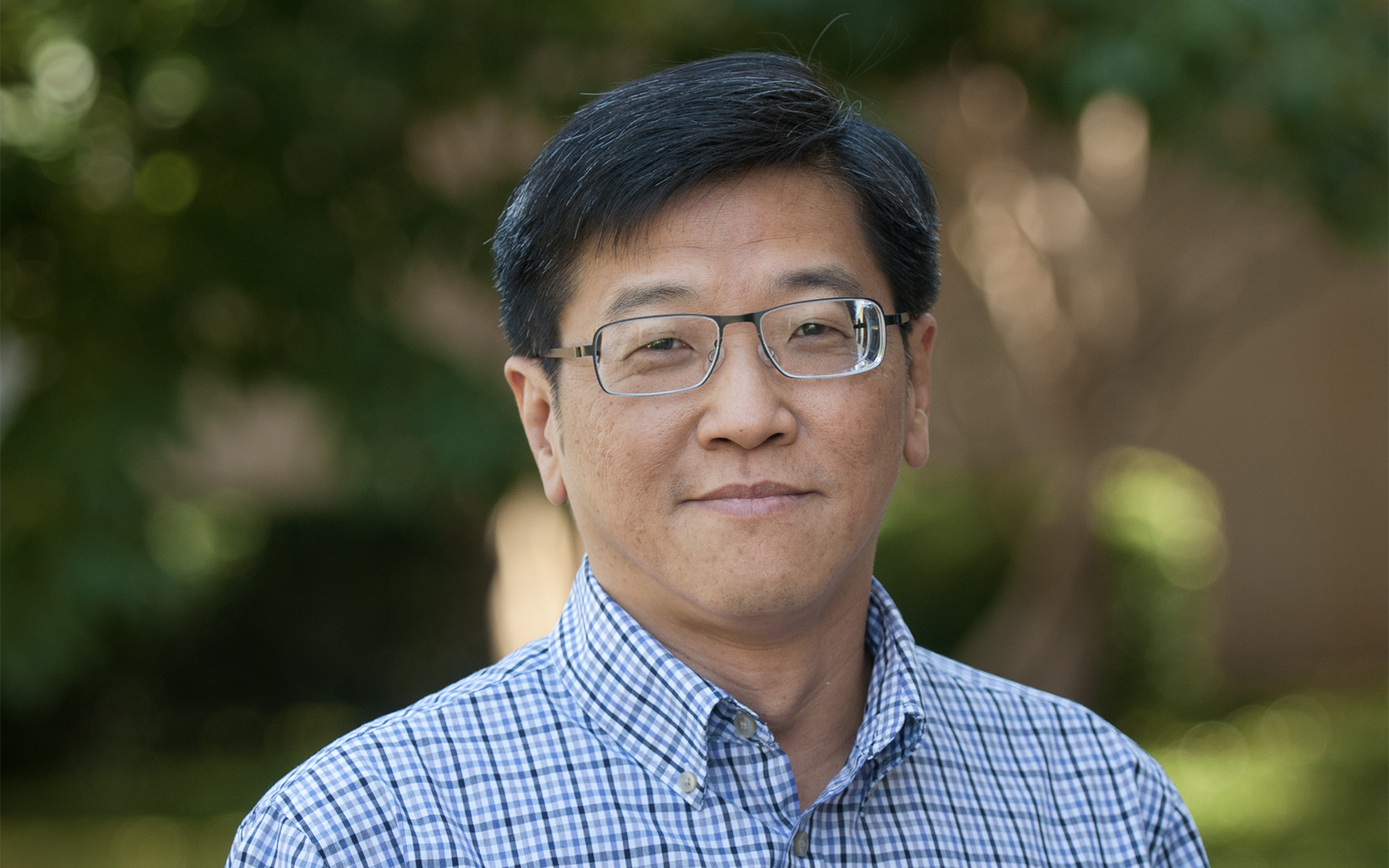A Good Word: ὀφθαλμός “eye”

Isn’t it interesting that we often ignore the importance of our body parts when they are healthy? Take our eyes, for example. When our eyes are in good health, we hardly notice how crucial it is to see clearly. We are unaware of our eyes’ ability to focus on objects, near and far, in split seconds. When we cannot see these objects clearly, we know it is time to have our eyes checked by an optometrist. If the problem is severe, we may need to visit an ophthalmologist. Our English word ophthalmology stems from the Greek term for eye, ὀφθαλμός (ophthalmos). The word “eye” occurs one hundred times in the New Testament, more than any other body part, and probably with good reason.
The eye is probably the most important organ through which we acquire information about the physical world (such usage can be found in various passages such as Matthew 17:8 and Acts 1:9, 9:8, 9:40). Moreover, the Bible warns us that our thoughts are closely intertwined with what our physical eyes perceive. In Matthew 5:28-29 and 1 John 2:16, we are warned of wrong desires resulting from the focus of one’s eyes. Similarly connected to this aspect is the concept of the “evil eye.” While modern science views the eye as a passive organ of reception, the ancient Near Eastern culture saw it as an active organ capable of committing actions. It was believed that negative attitudes of jealousy, envy, and hatred could be projected from one’s eye to another person and could bring about physical harm, hence the “evil eye,” usually translated as “bad eye” or “unhealthy eye” (Matthew 6:22, 20:15; Mark 7:22; Luke 11:34). Jesus gently corrected this ancient view and, at the same time, provided a proper perspective. When a person has an “evil eye” of jealousy and envy, they defile only themselves and live in their spiritual darkness. On the other hand, a “healthy eye” makes the person’s body whole (i.e., the entire person’s life shines).
Many cultures also connect the eye to a person’s mental faculties. Thus, it is not surprising to find similar ideas in the Bible. For example, in Ephesians 1:18, Paul mentioned that when “the eyes of the hearts” of the believers are enlightened, they can understand their rich spiritual blessings. Likewise, in 1 John 1:1, the eyewitness account is closely connected with the resulting spiritual insight. The disconnection between physical sight and understanding is mentioned often in the New Testament as well, sometimes alluding to and sometimes quoting Isaiah 6:10 or 29:10 (Matthew 13:15; Mark 8:18; John 12:40; Acts 28:27).
An interesting episode happened to two followers of Jesus on the day of his resurrection as recorded in Luke 24:13-35. At first, their eyes were blocked from recognizing who Jesus was even though they saw him (24:16). The passive voice of the verb most likely implies that God prevented them from recognizing this uninvited travel companion was Jesus, perhaps to reveal their ignorance and slowness to believe in His Word. One of the disciples, Cleopas, correctly recounted all the events leading up to the crucifixion and resurrection (24:18-24) but failed to comprehend their meaning. It was only after a long conversation, with their hearts getting warmed up to the point of burning (24:32), that God finally opened their spiritual eyes to recognize the identity of their travel companion (24:31). Spiritual eyesight was available only by God’s merciful act.
Now that we have been granted spiritual eyesight as God’s children, may we pray that we grow in our spiritual understanding of Him and filter what we see with proper perspective.
About the Contributors

Samuel P. Chia
Before joining DTS in 2008, Dr. Chia taught at Chung Yuan Christian University and served as an adjunct professor with several seminaries in Hong Kong, Taiwan, and the United States. Through his experience as a lead pastor and interactions with the Chinese Christian community in Asia and North America, Dr. Chia has developed a passion for seminarians by inspiring them to study God’s Word in the original languages and by equipping them to be responsible interpreters of God’s word and servant-leaders to His church. Dr. Chia encourages Chinese seminarians to work together on the task of improving Chinese translations of the Bible. He and his wife have one son.
